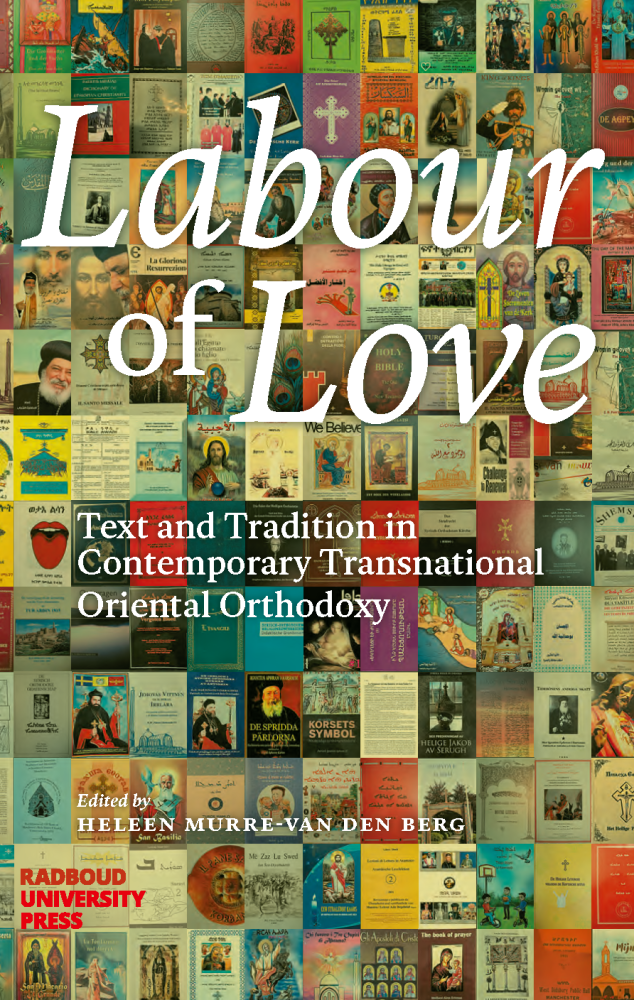Labour of Love : Introductory Notes on Religion, Books, and Learning
Synopsis
This introductory essay argues that despite the widespread availability of online religious materials (including social media and video), material book production remains an essential element of traditional learning and knowledge production in the Oriental churches, that is, in the Armenian, Coptic, Syriac and Tewahdo churches, especially in Europe and North America. More than anything else, books embody the traditional knowledge of the community in a material form that grounds and maintains its canonicity and authority. Because of this, physical books continue to play a role in religious practice, also when they are not read or explicitly venerated. The material presence of these books – born out of and re-inserted in transnational networks of the community of learners – connects those who own them with this transnational community. These types of connections are associated with, but not completely identical to, those established by other types of networks in the churches – be they clerical, regional, or familial networks, or the networks created by the online presence of the Oriental communities. Printed books, therefore, not only provide insight in knowledge production and transmission but also in the labour of love that has produced these books, sustaining the fragile and fragmented lives of Christian migrants in Europe.
Downloads
Published
License

This work is licensed under a Creative Commons Attribution-NonCommercial-NoDerivatives 4.0 International License.


